It’s Not About Outrunning the Bear: 4 Strategies for Recruiting AI Engineers
Some of our clients



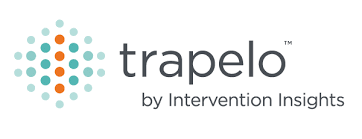


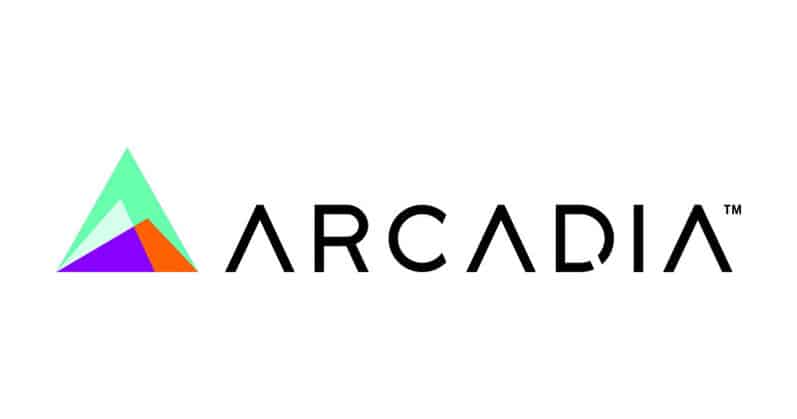
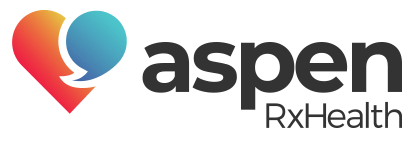

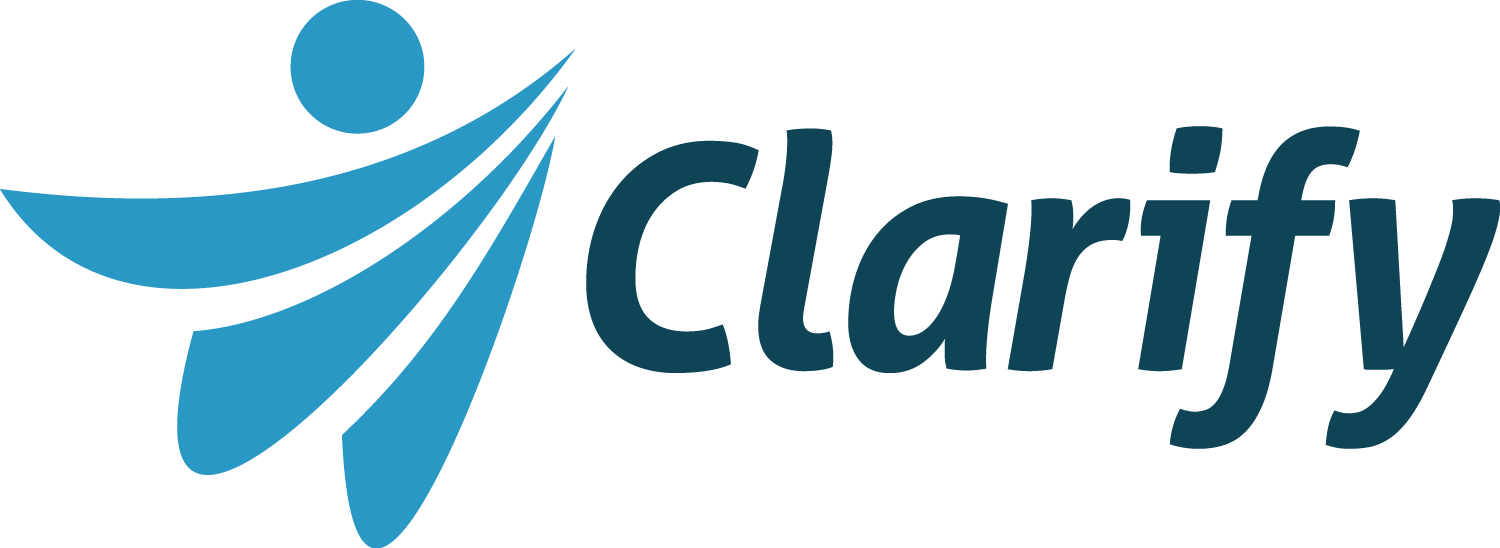
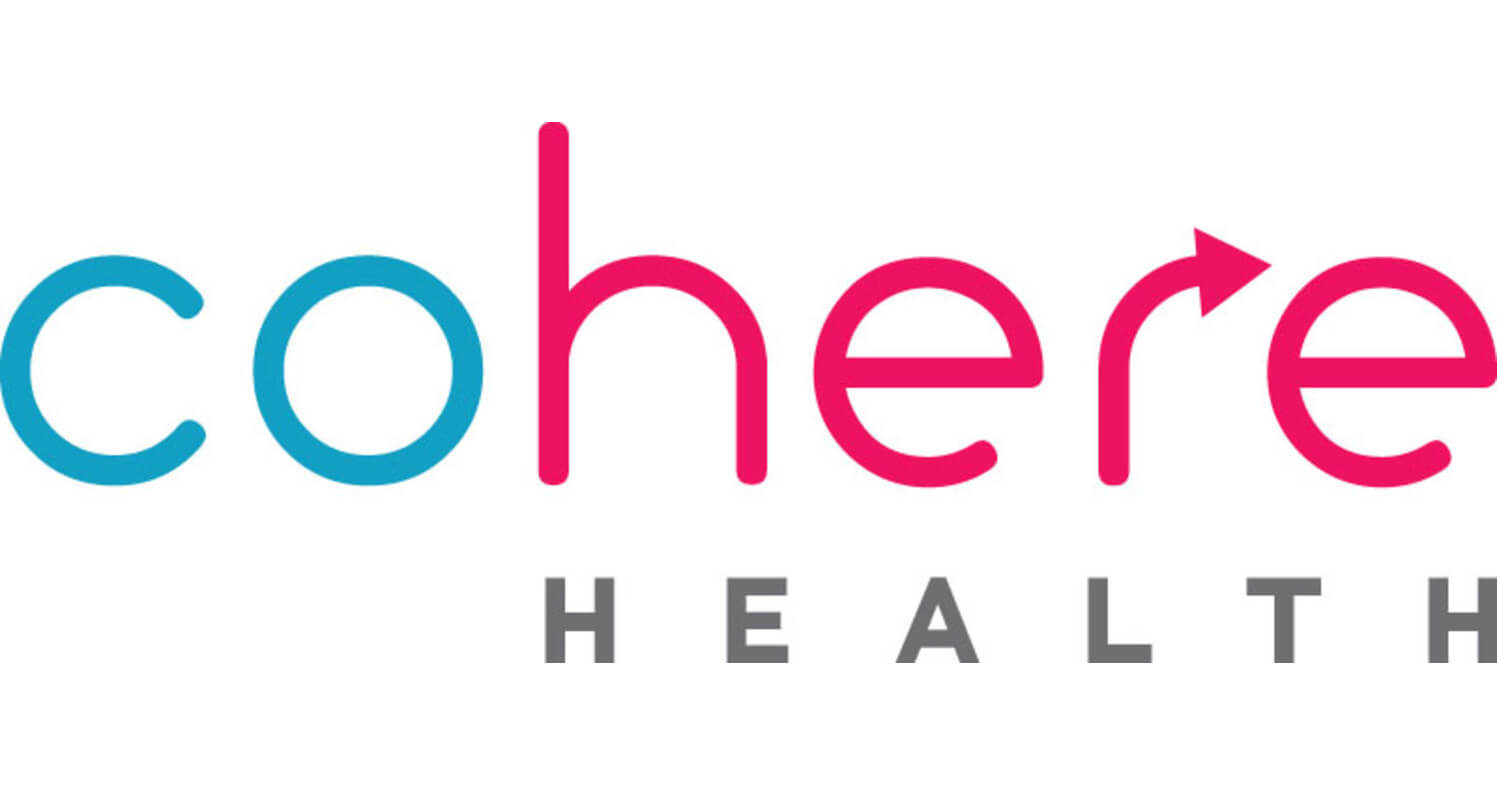
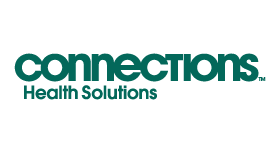


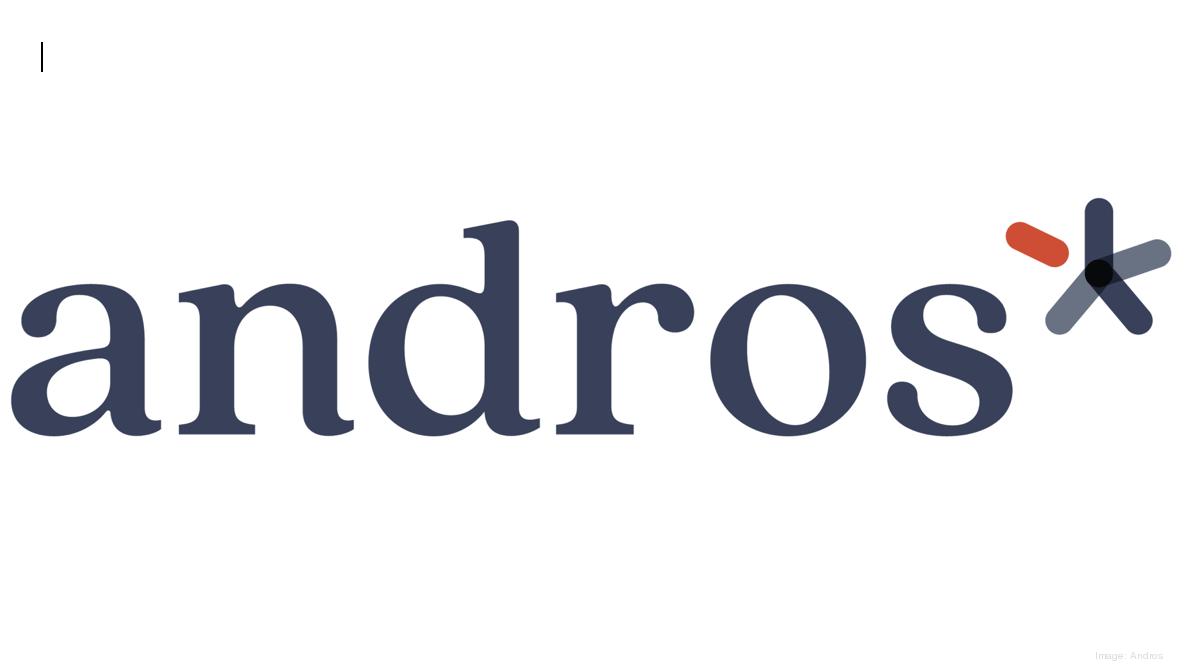

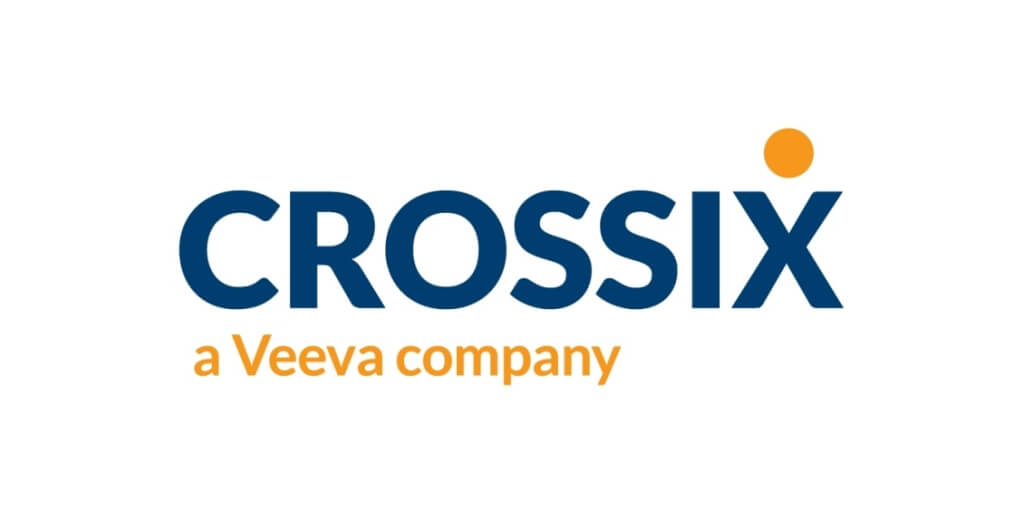
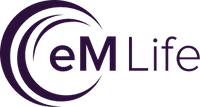
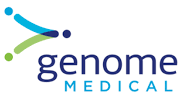
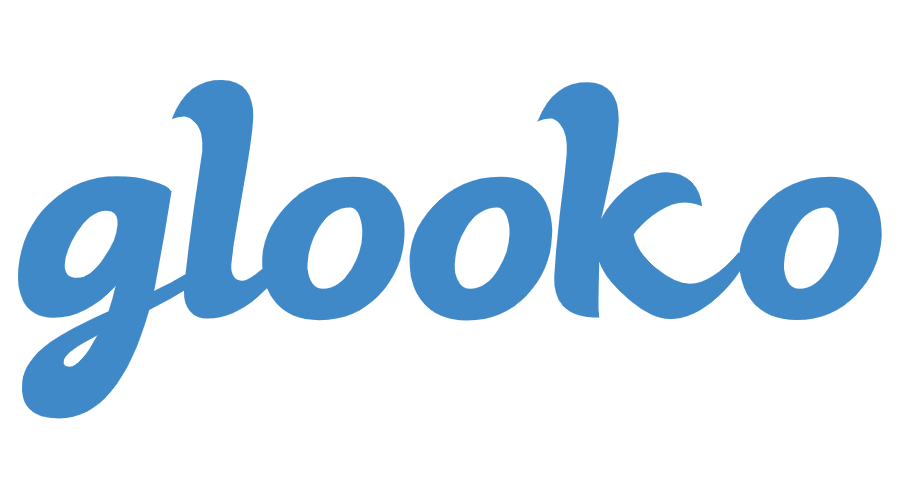
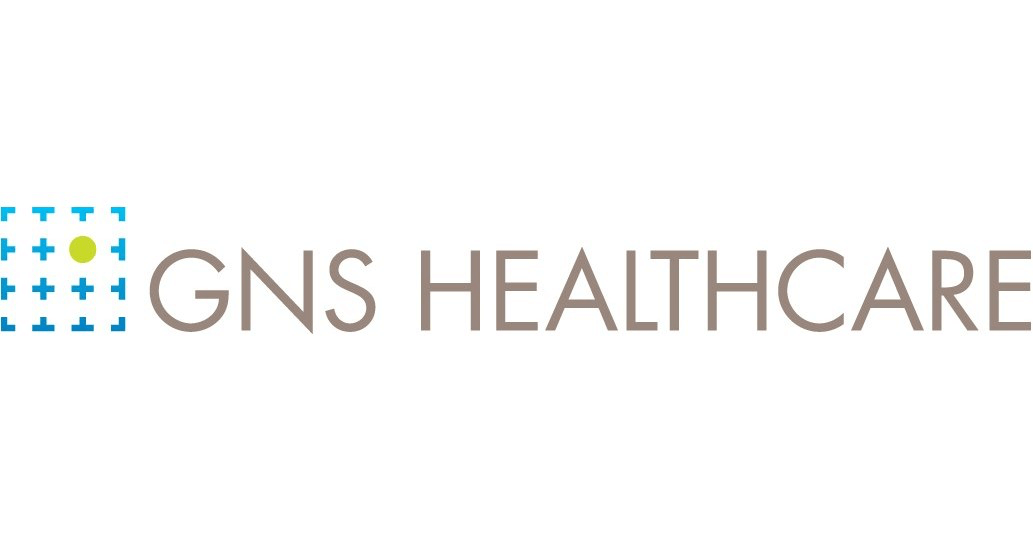
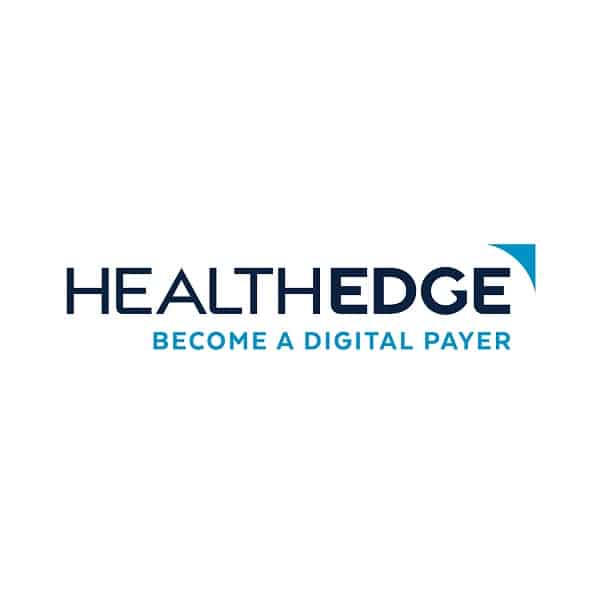





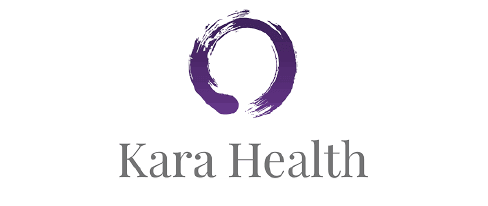

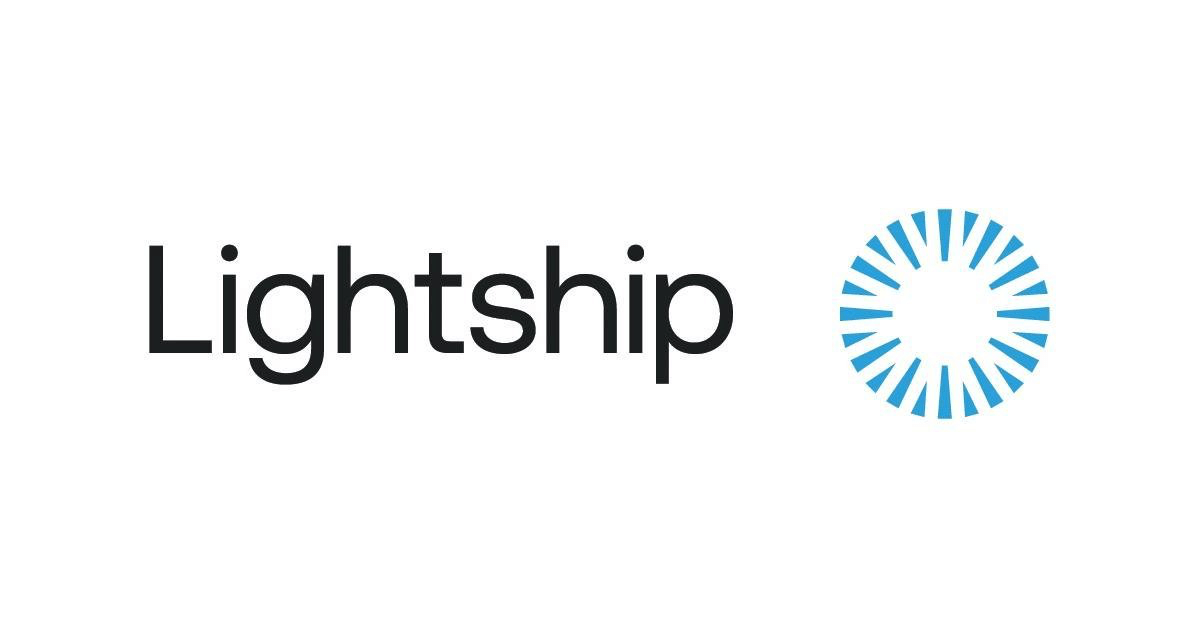



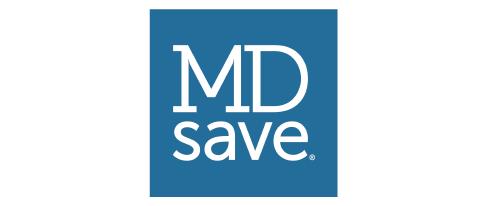



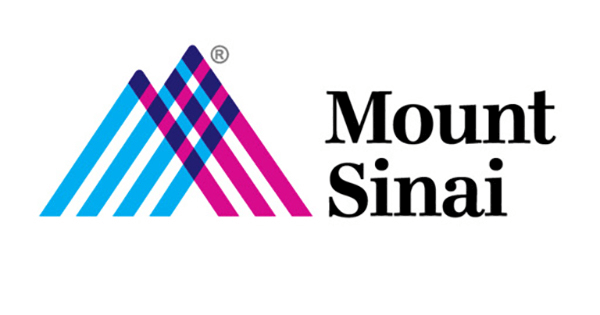




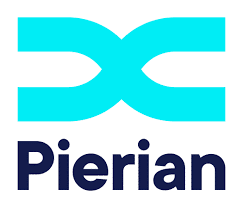
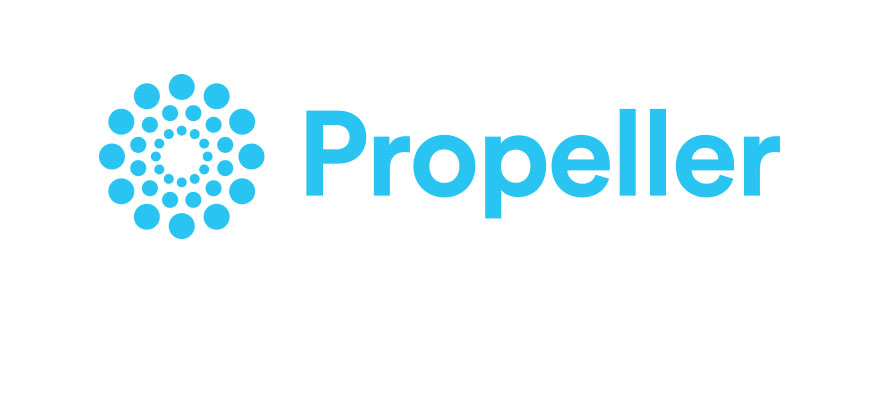









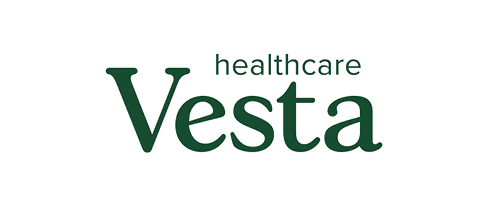

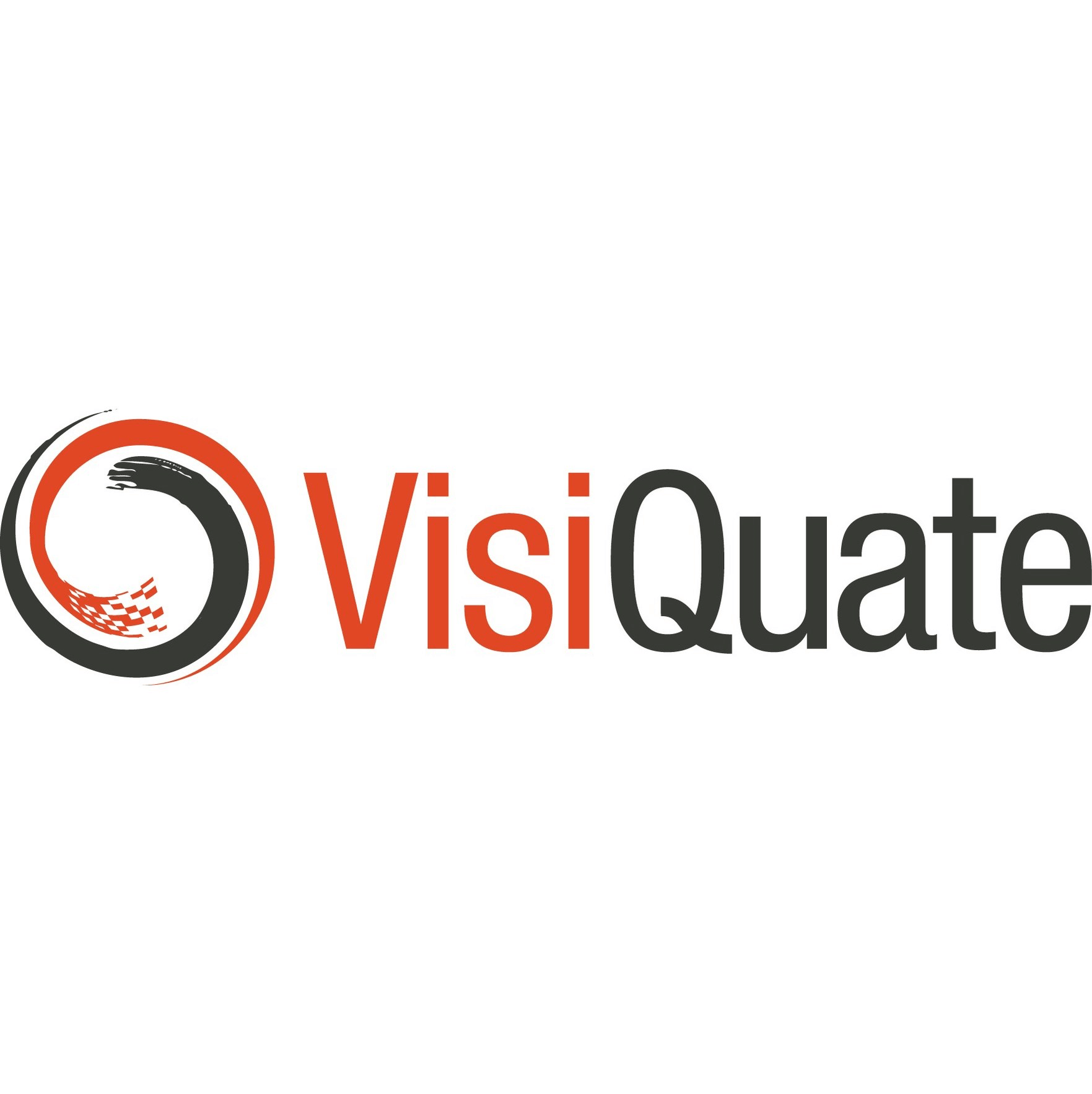
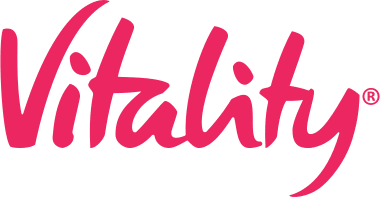







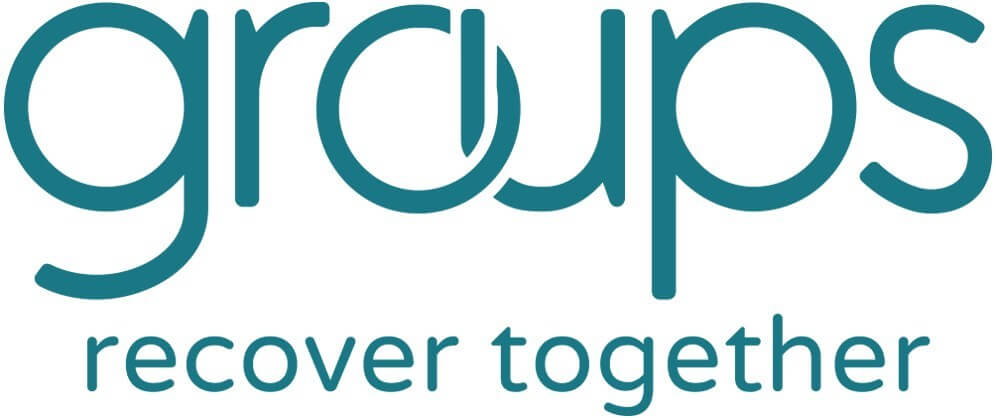

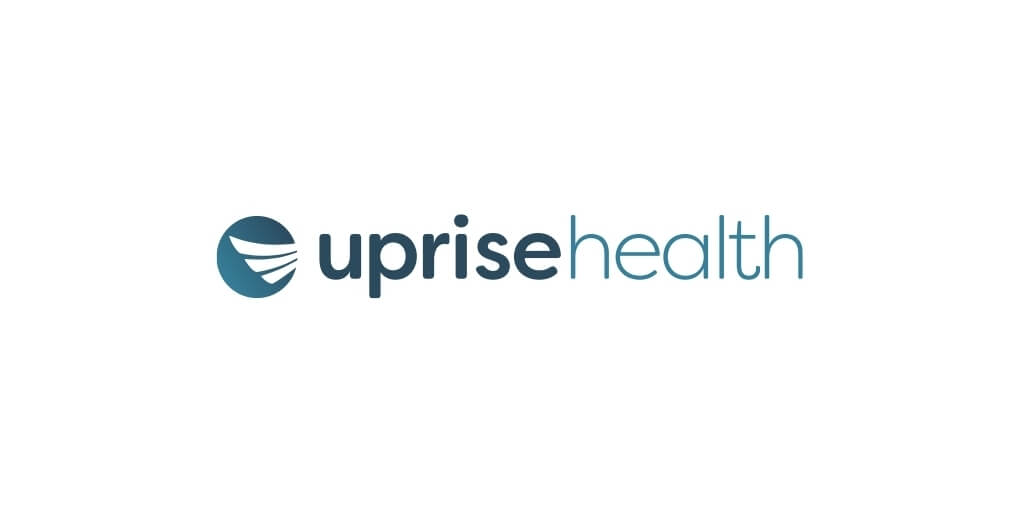


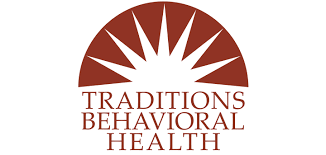


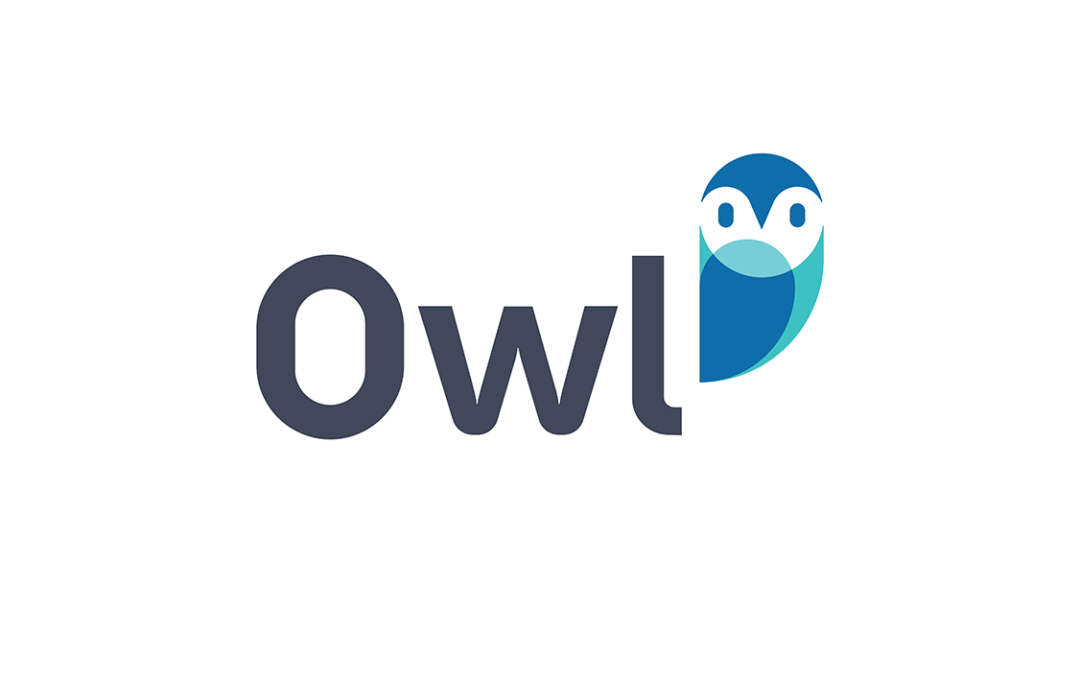



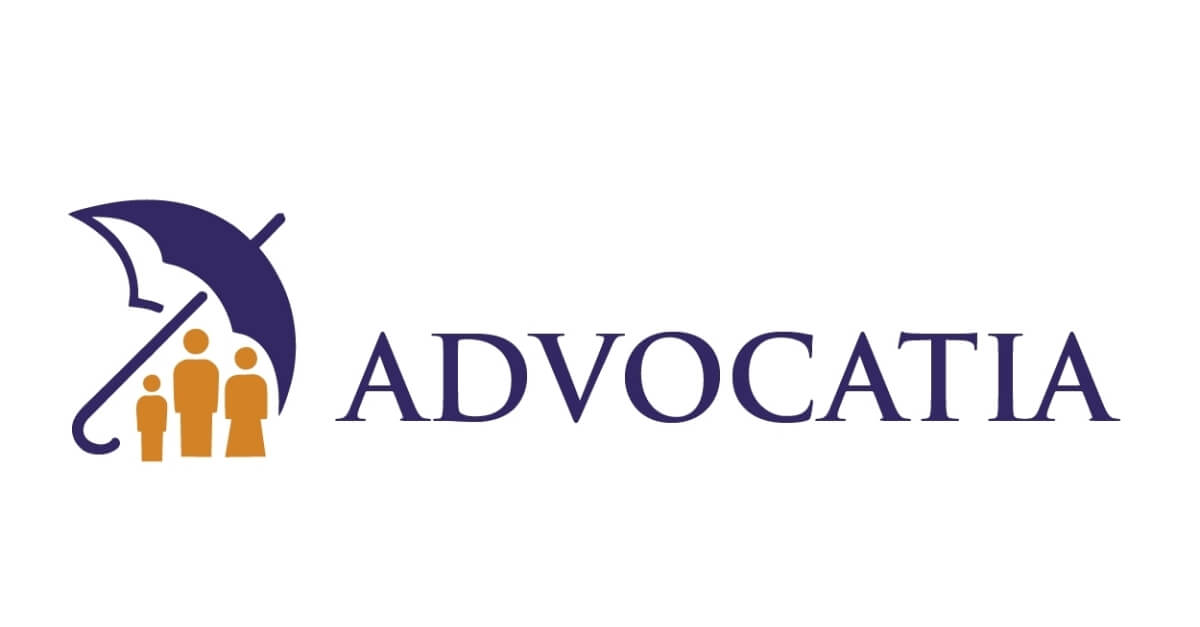
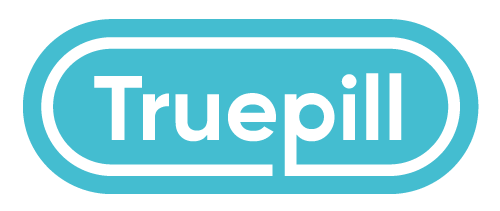
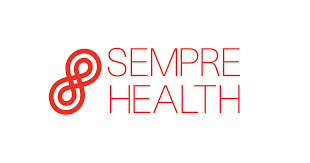
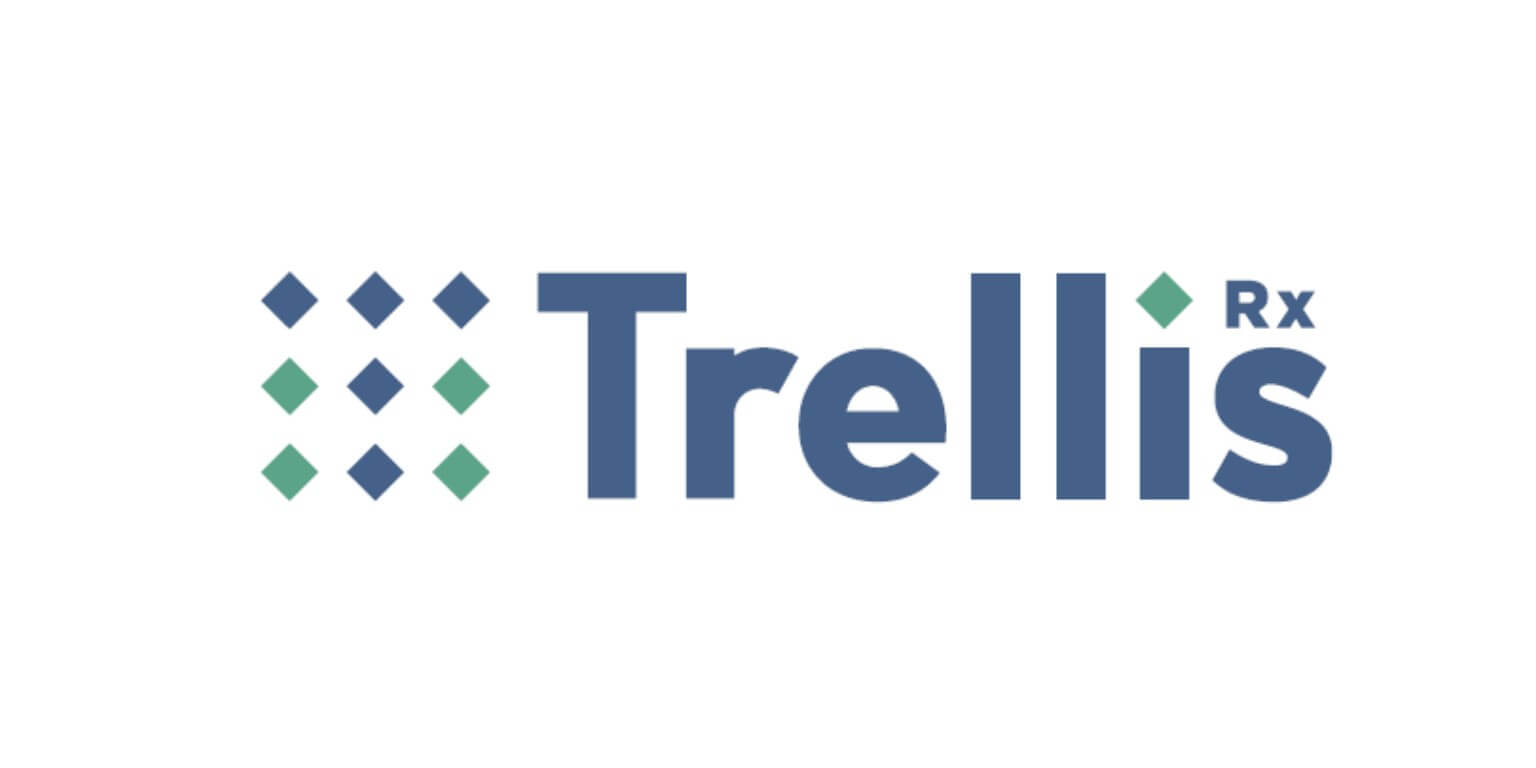

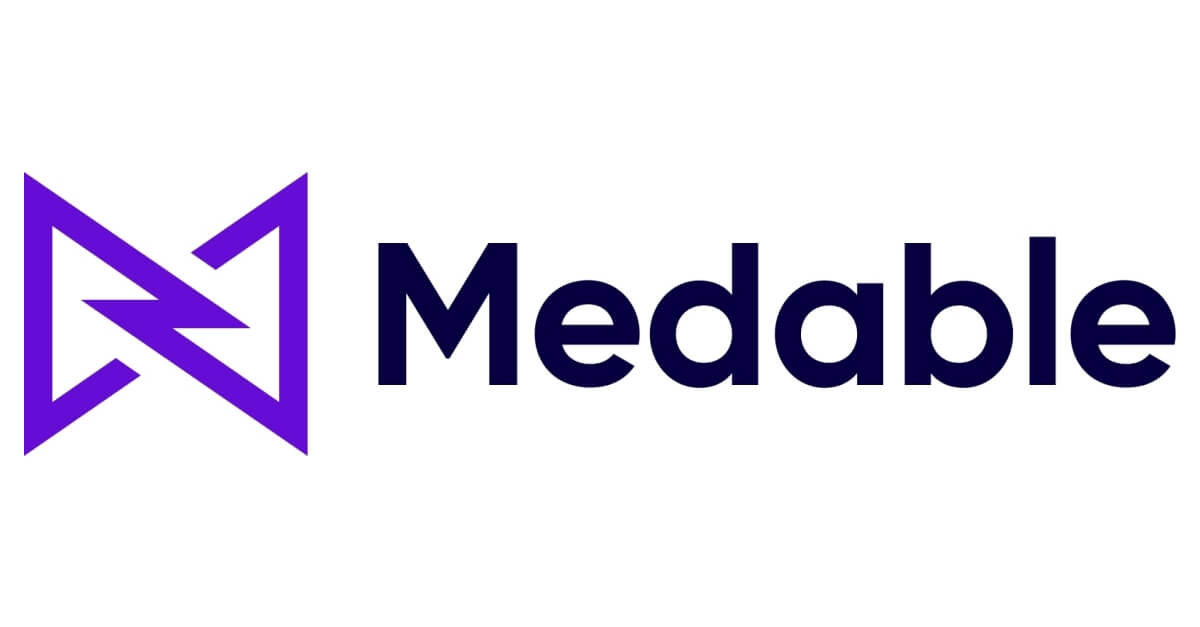




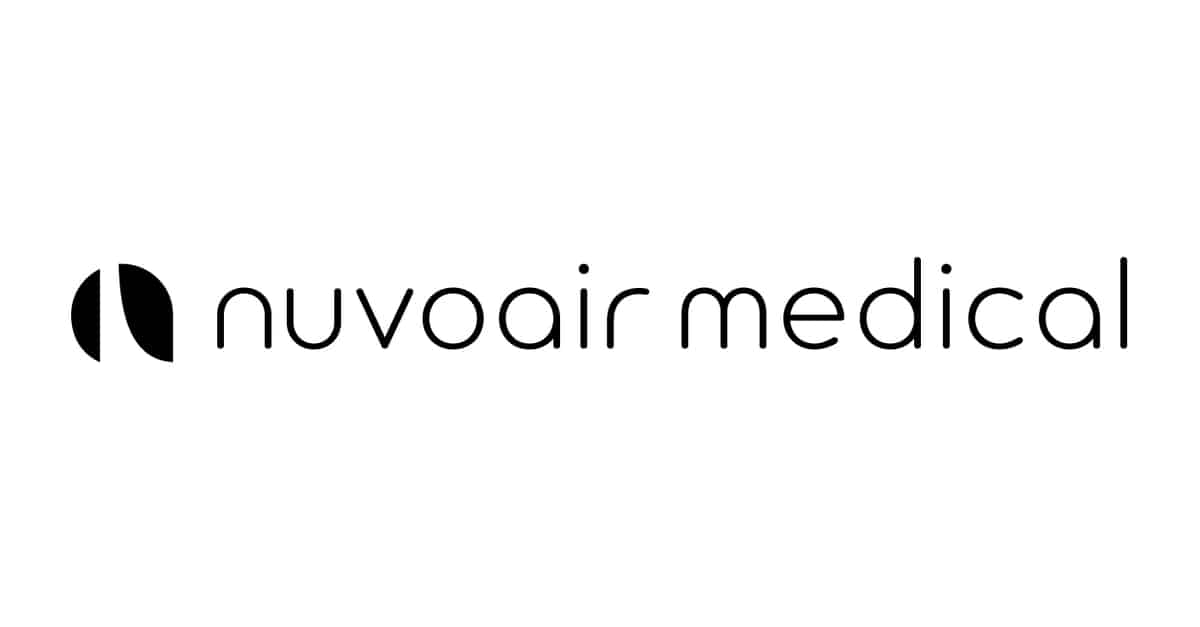
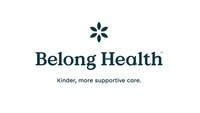

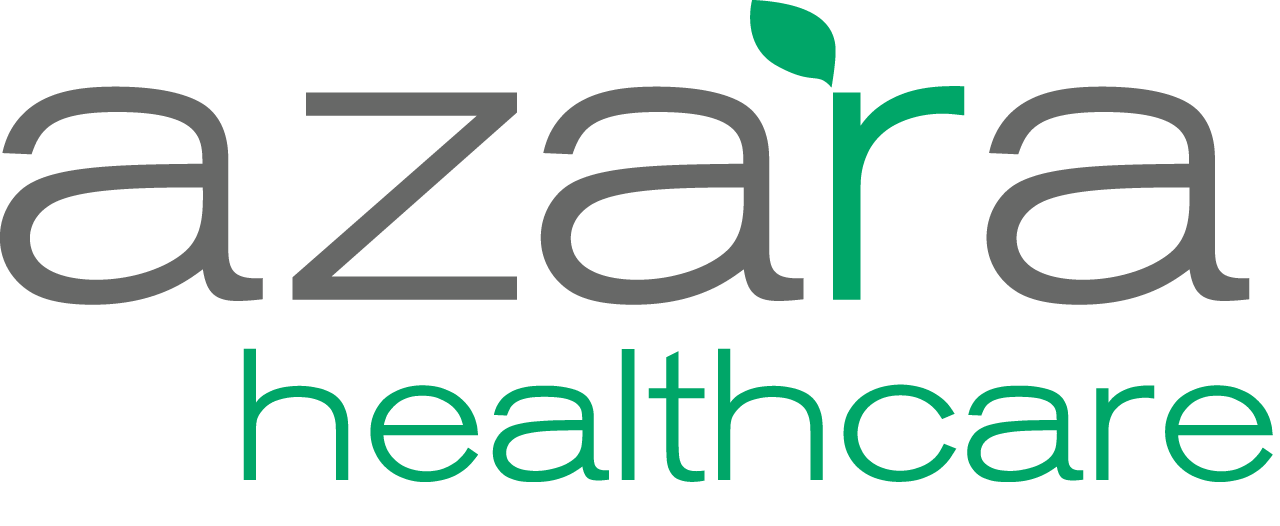


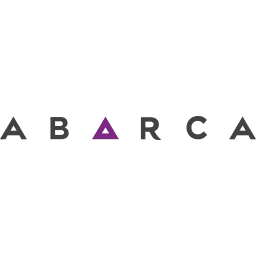







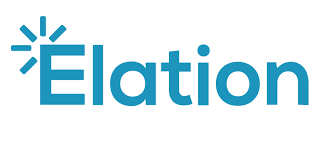
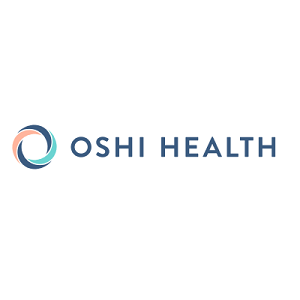
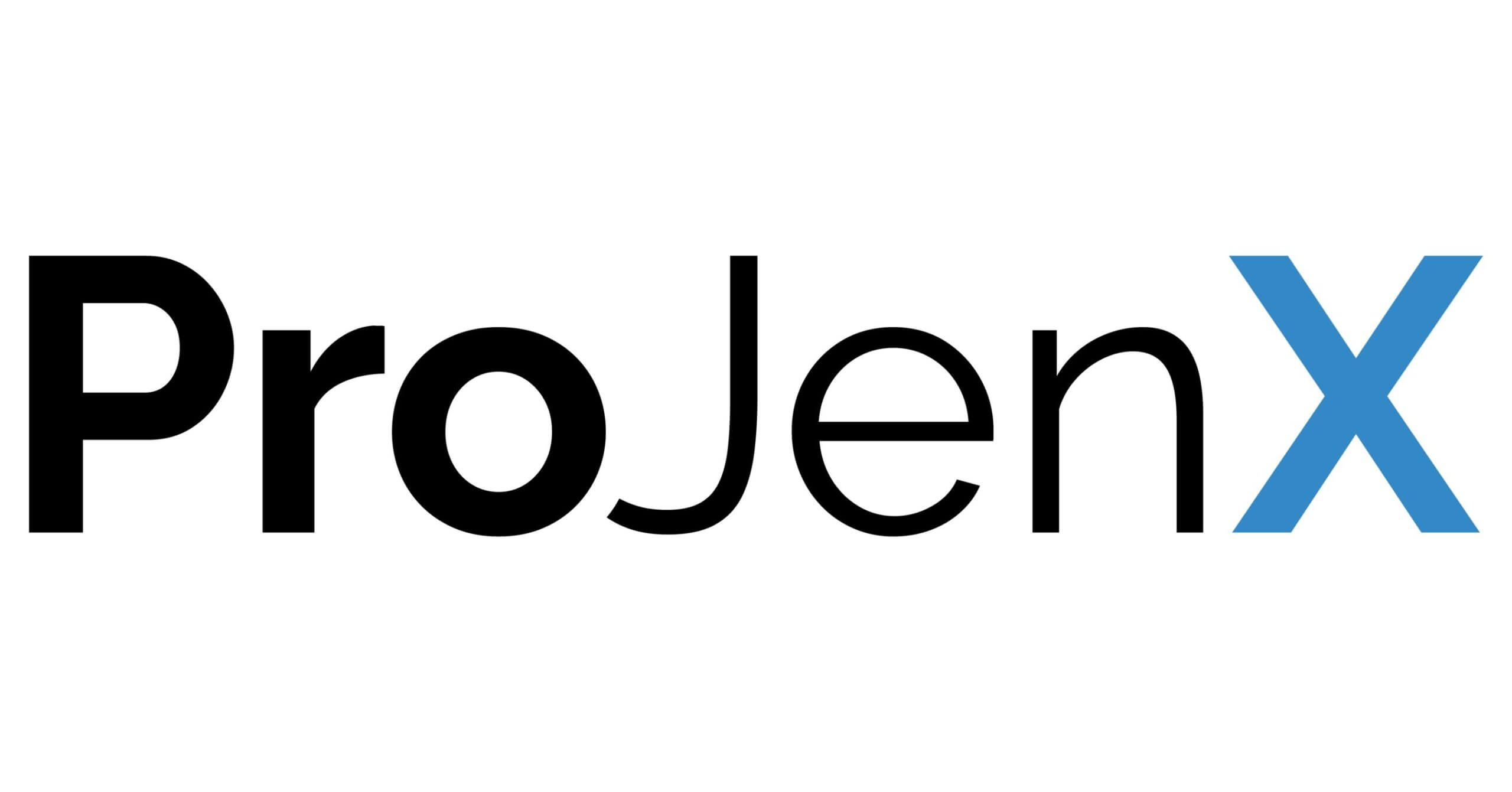




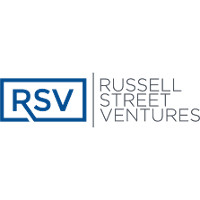



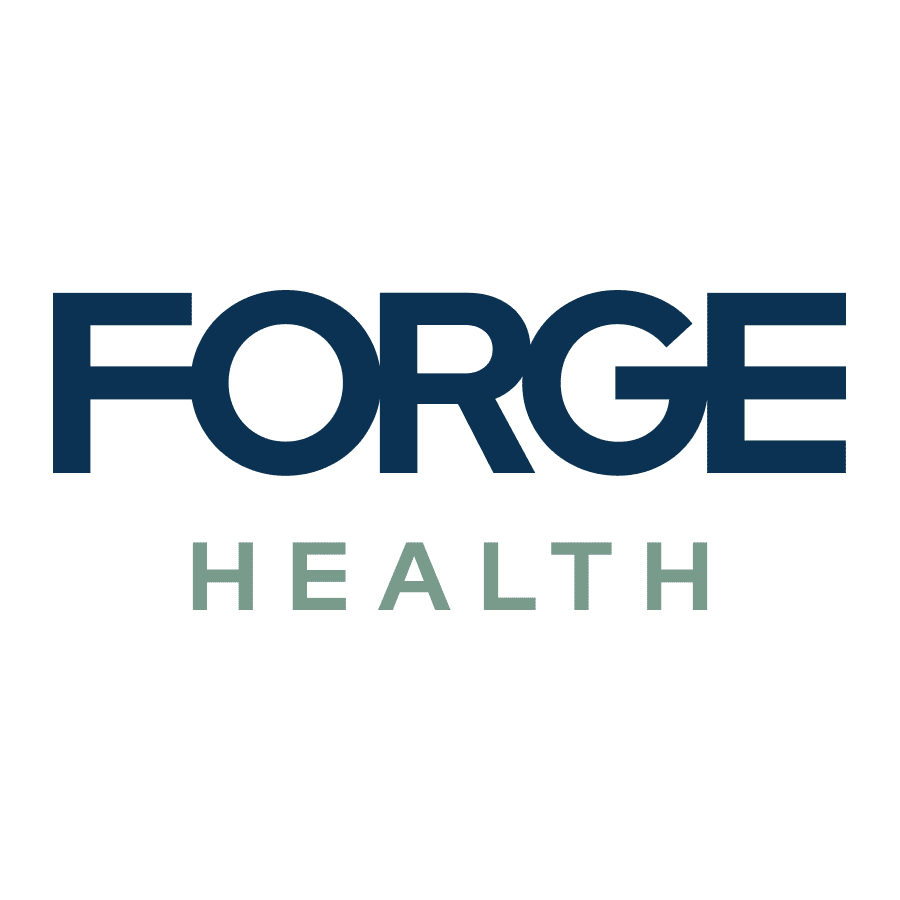
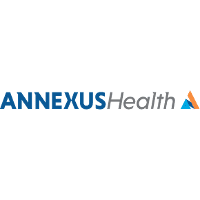
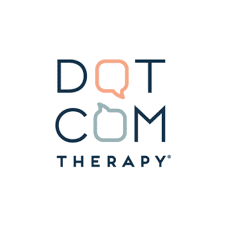
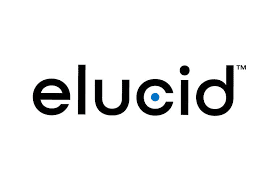
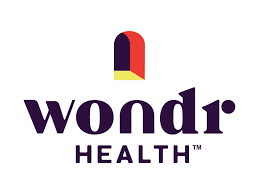
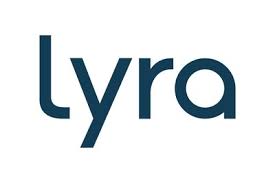


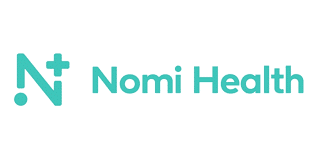
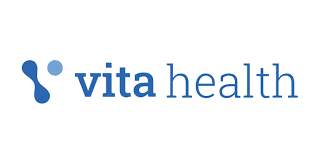
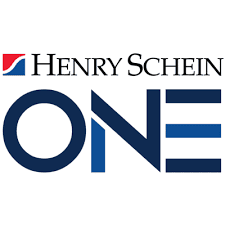


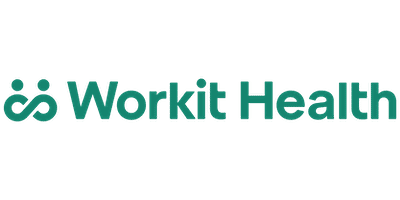







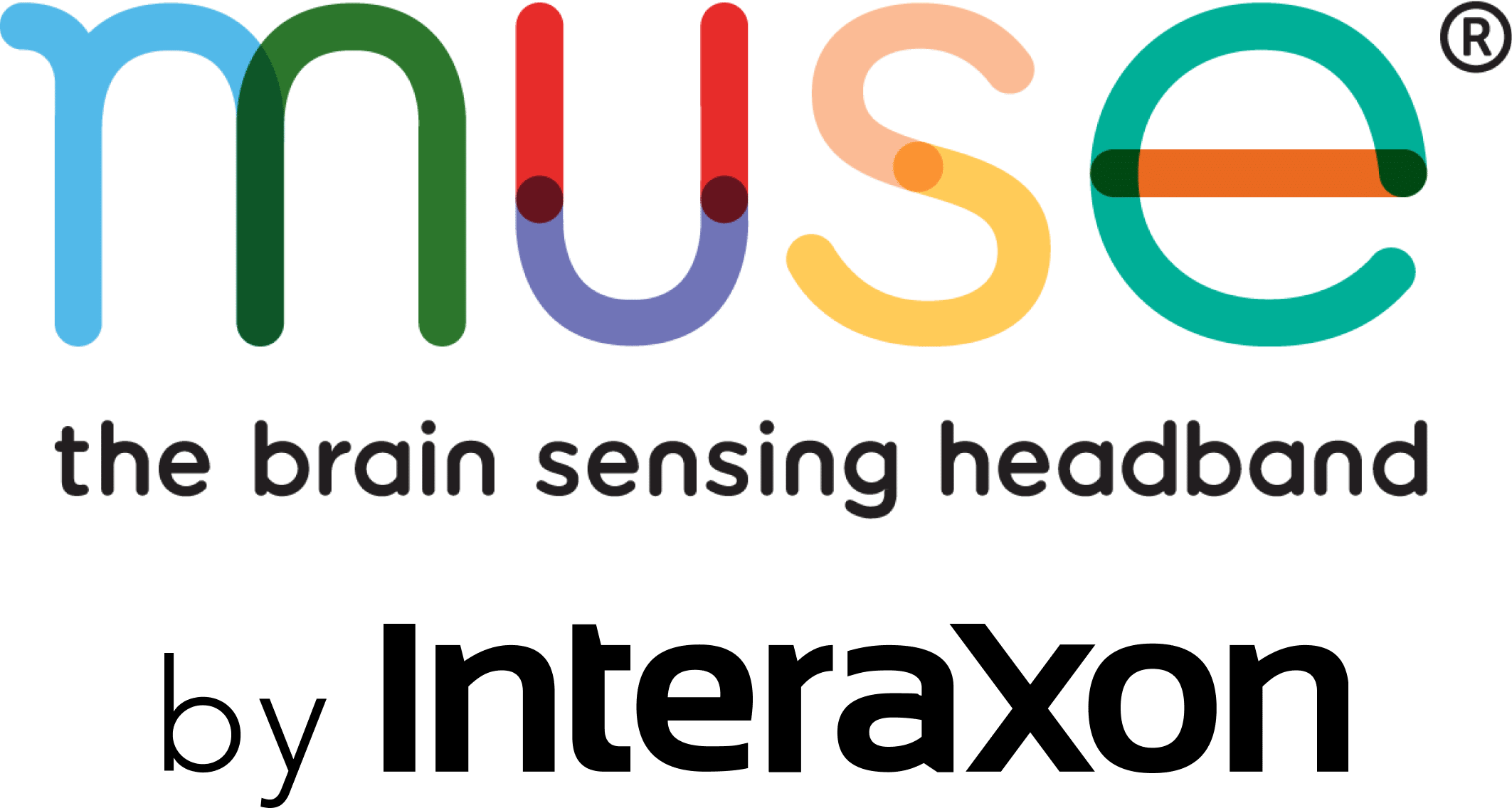

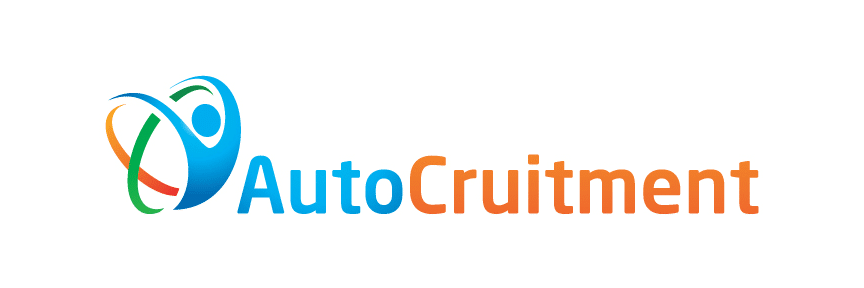
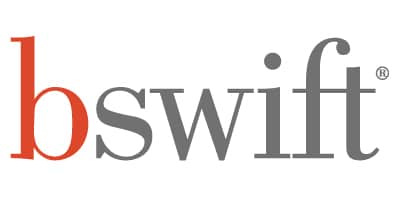




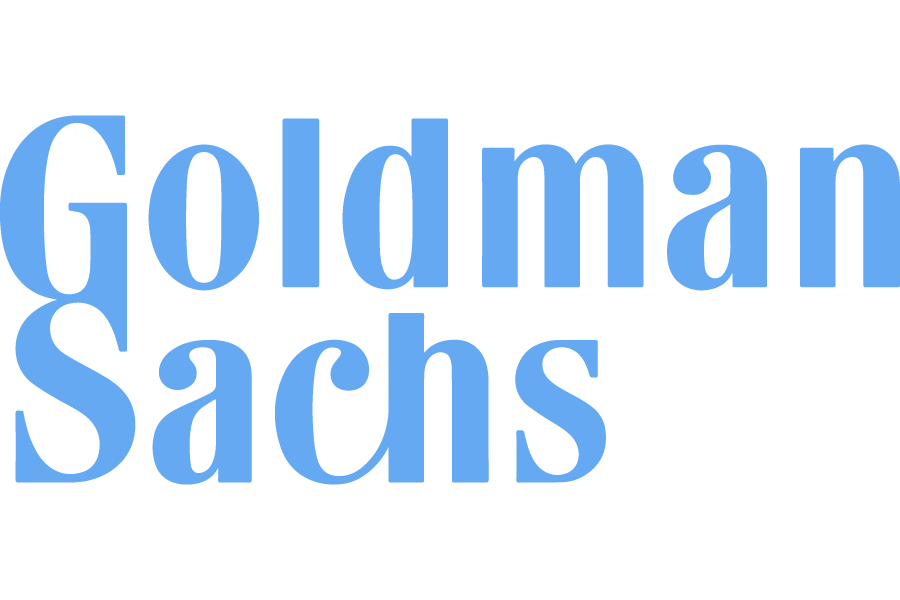
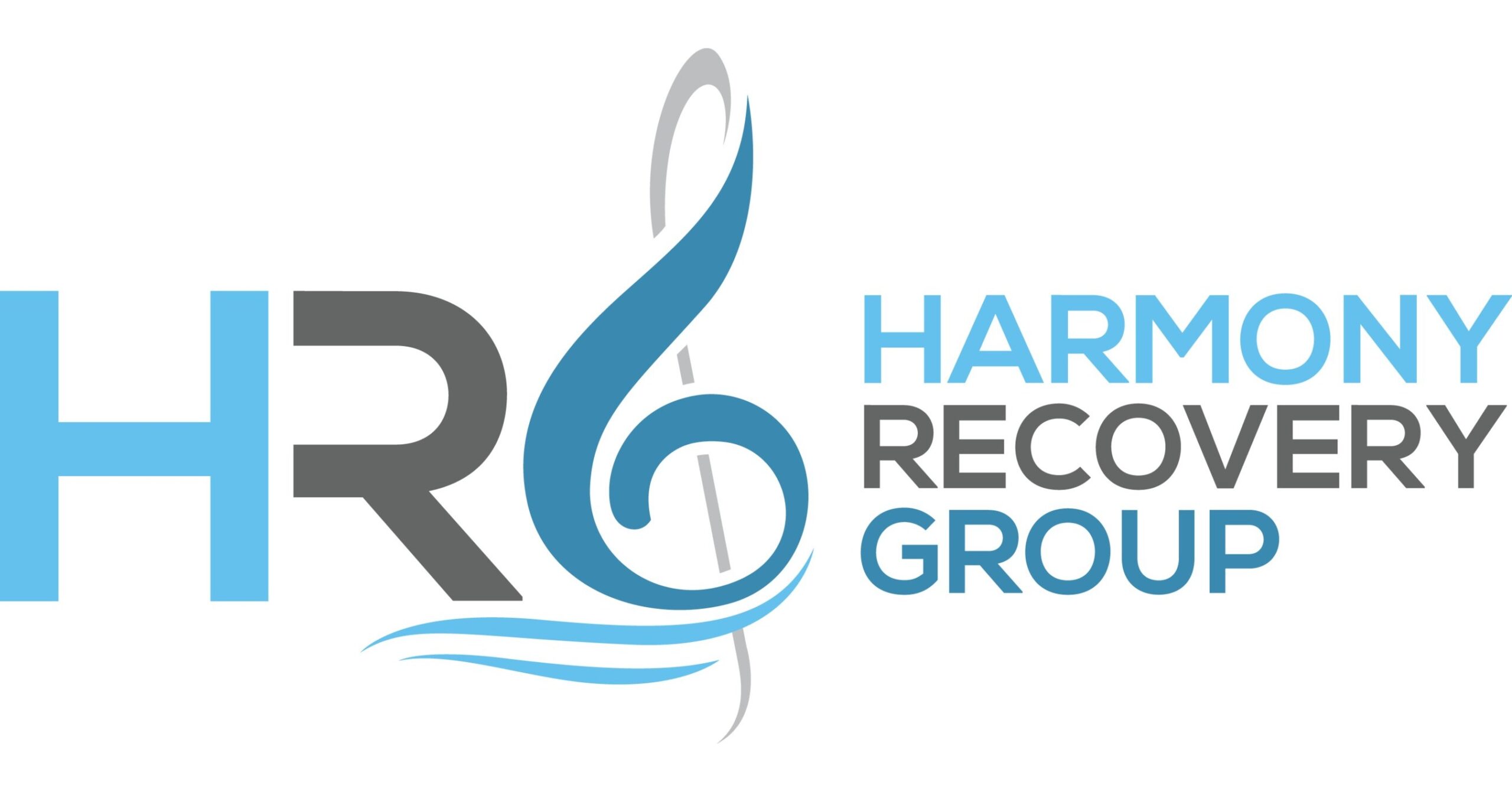

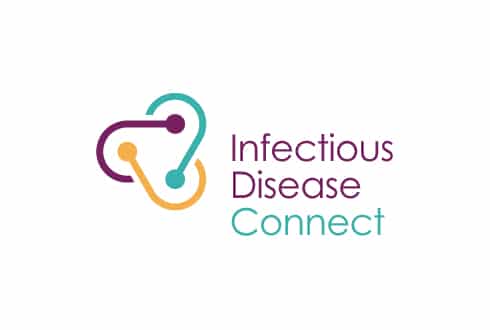
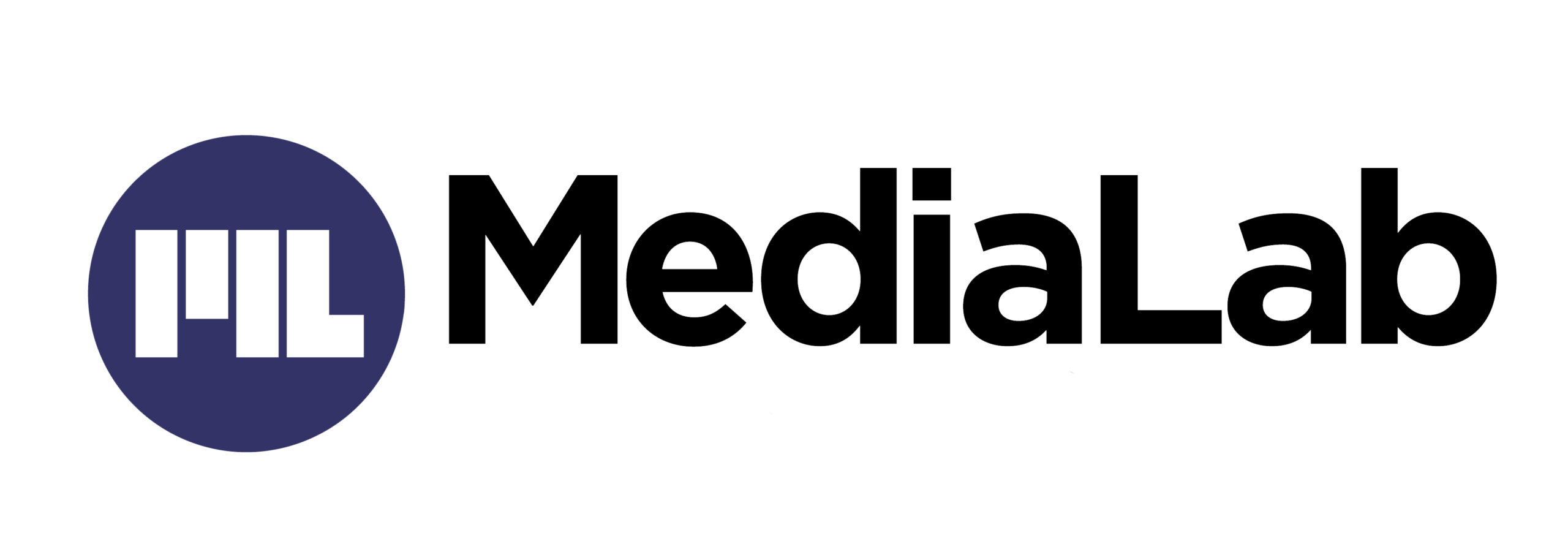

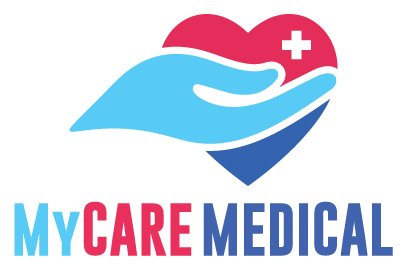

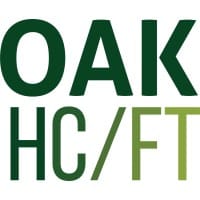


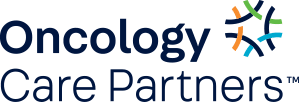

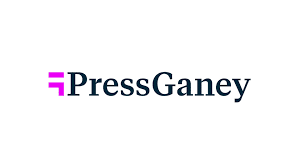
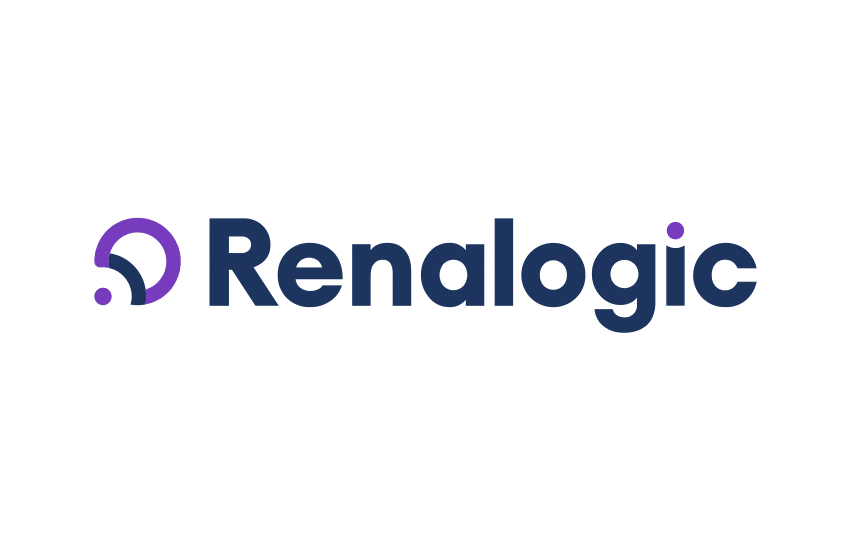



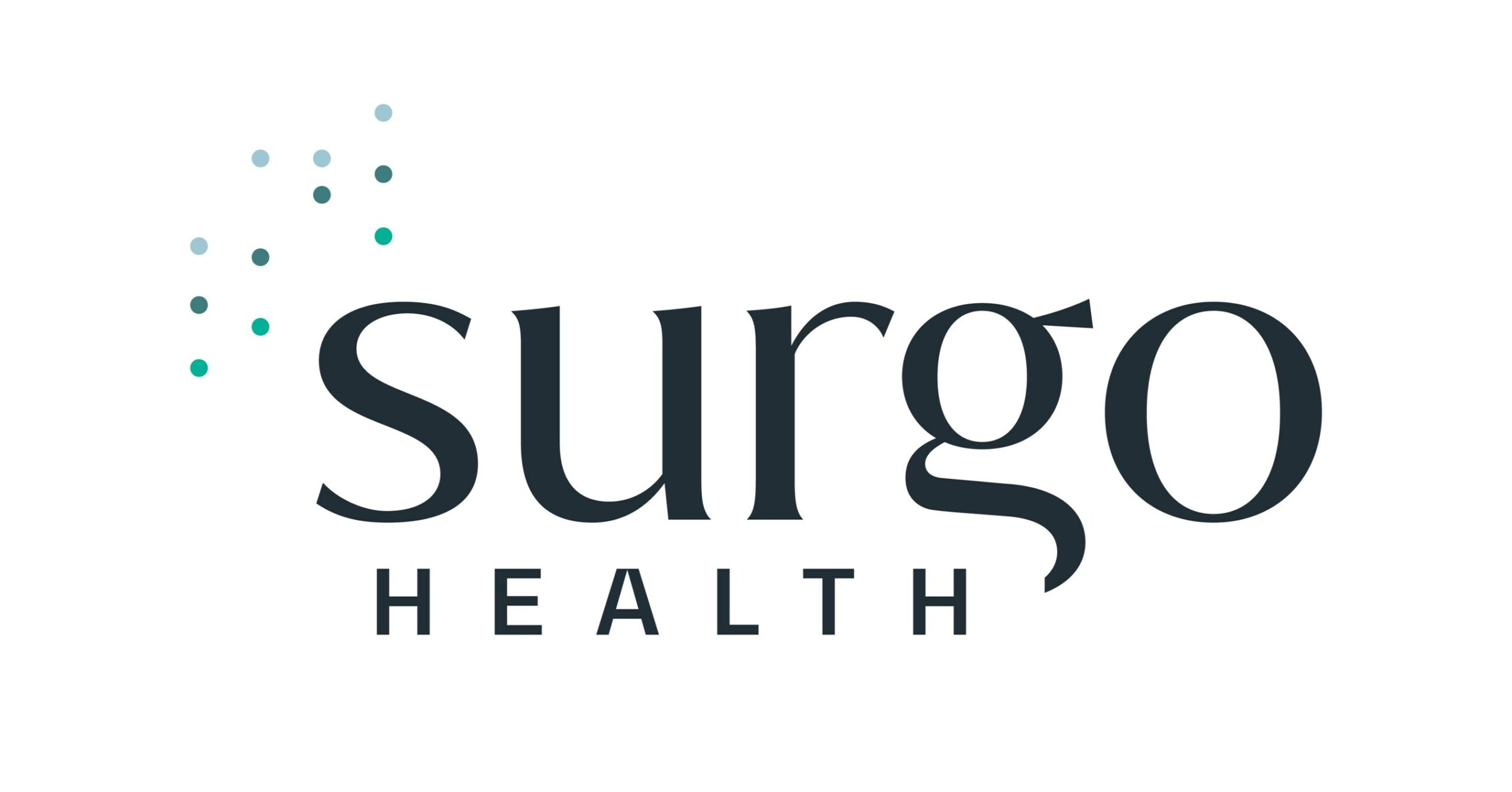

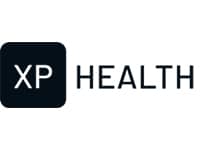
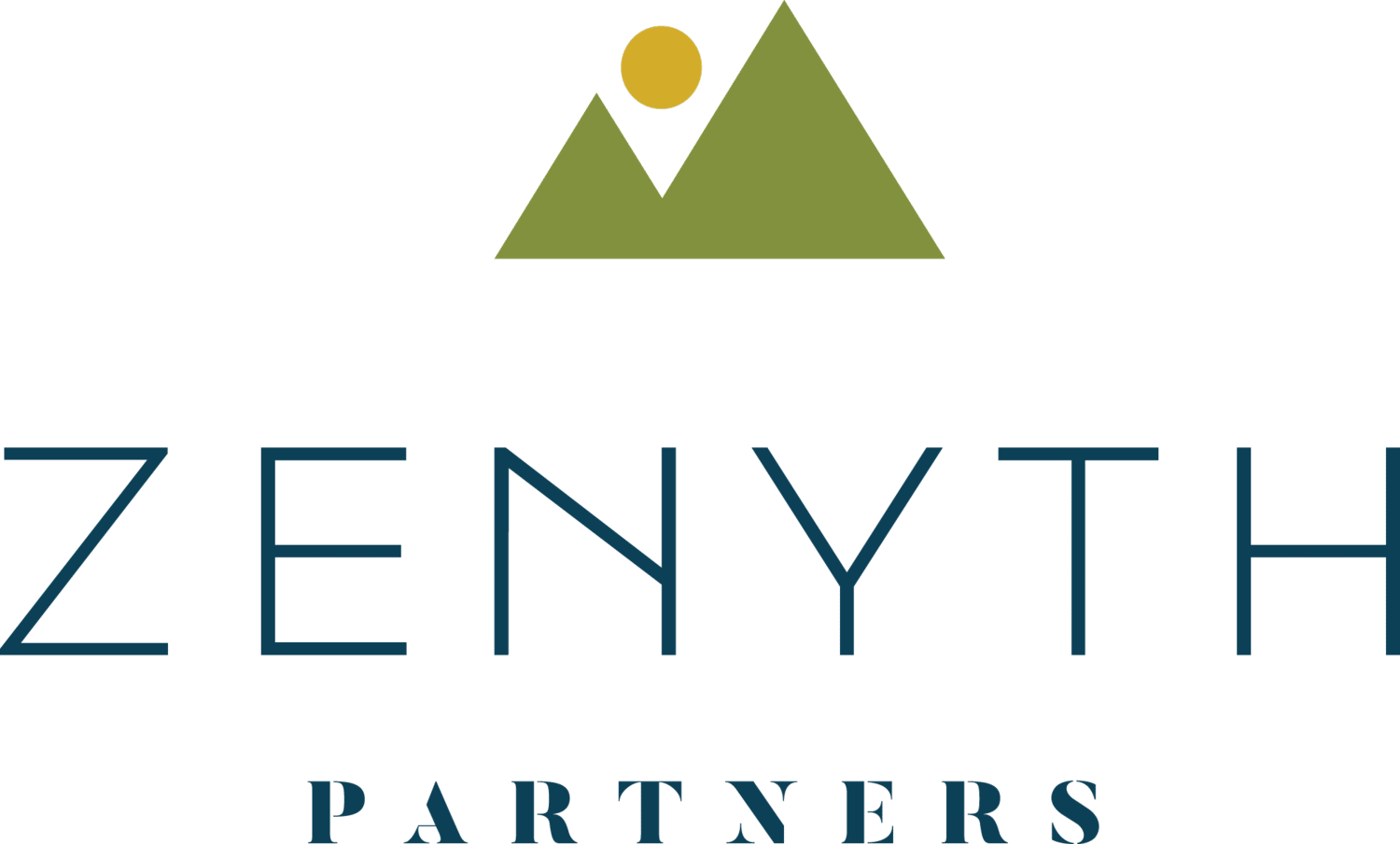

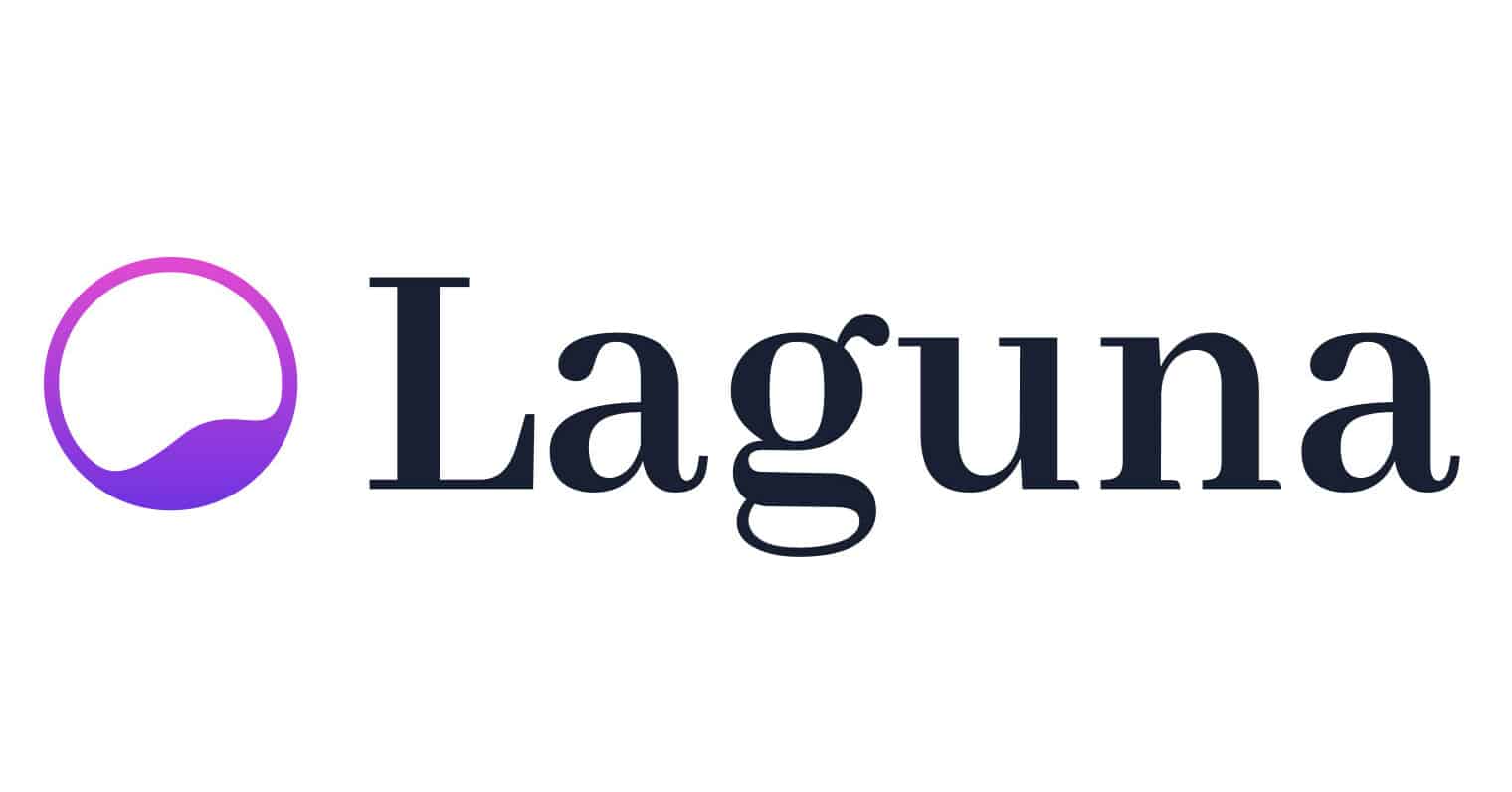

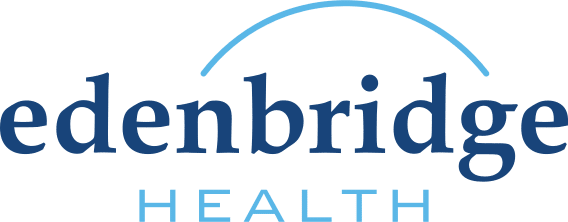












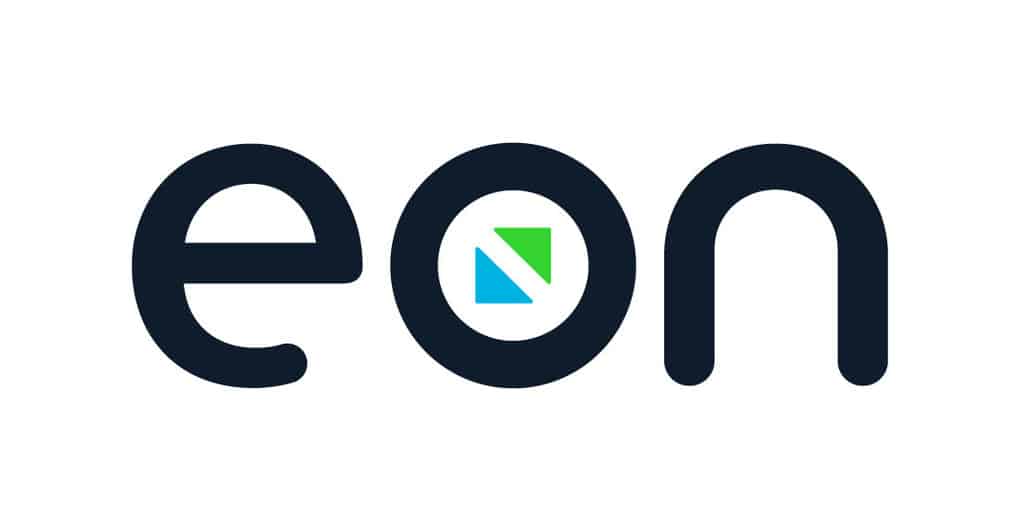
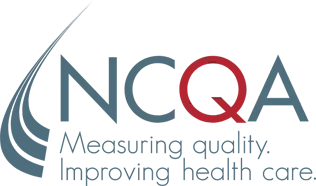
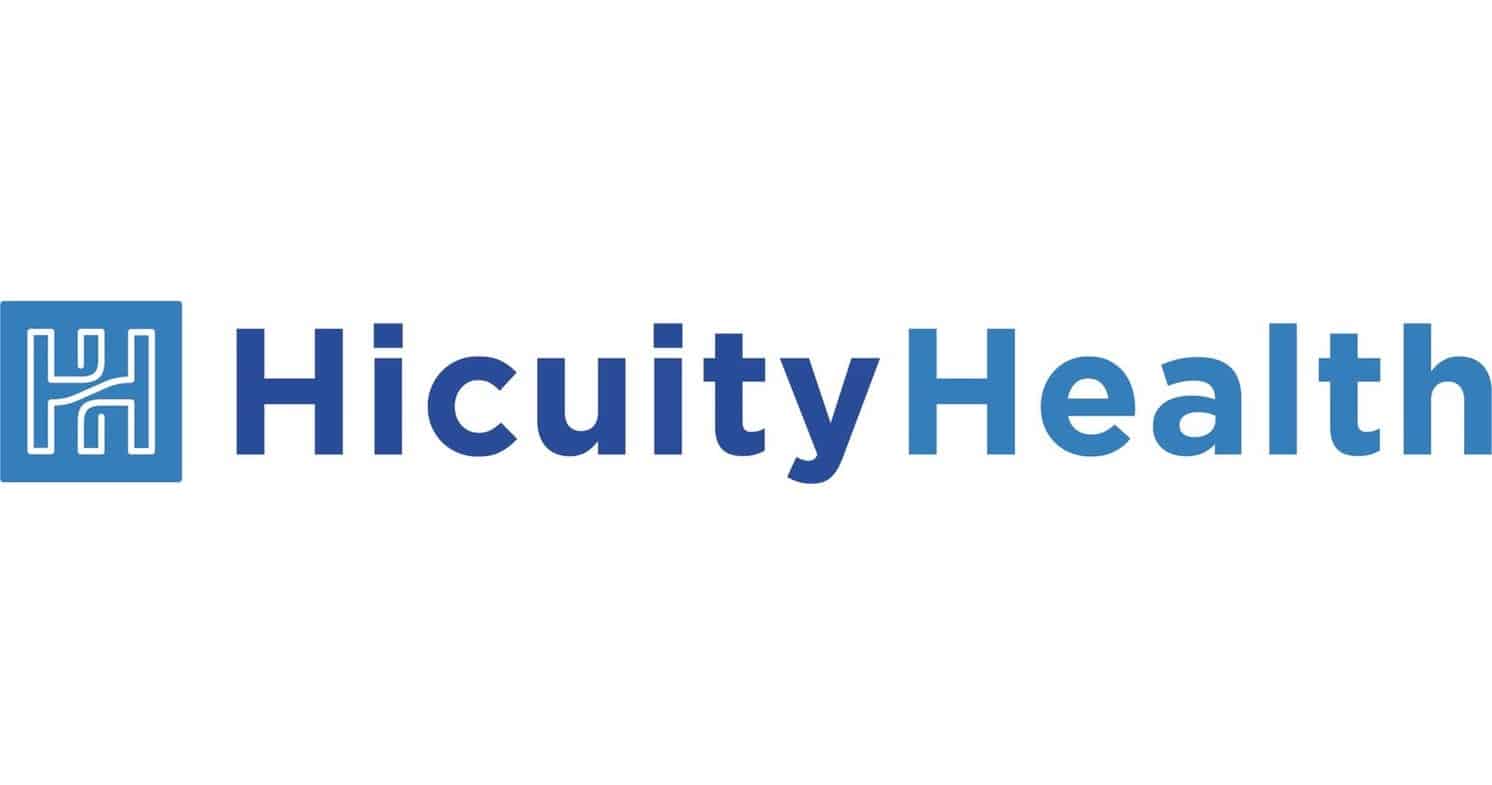



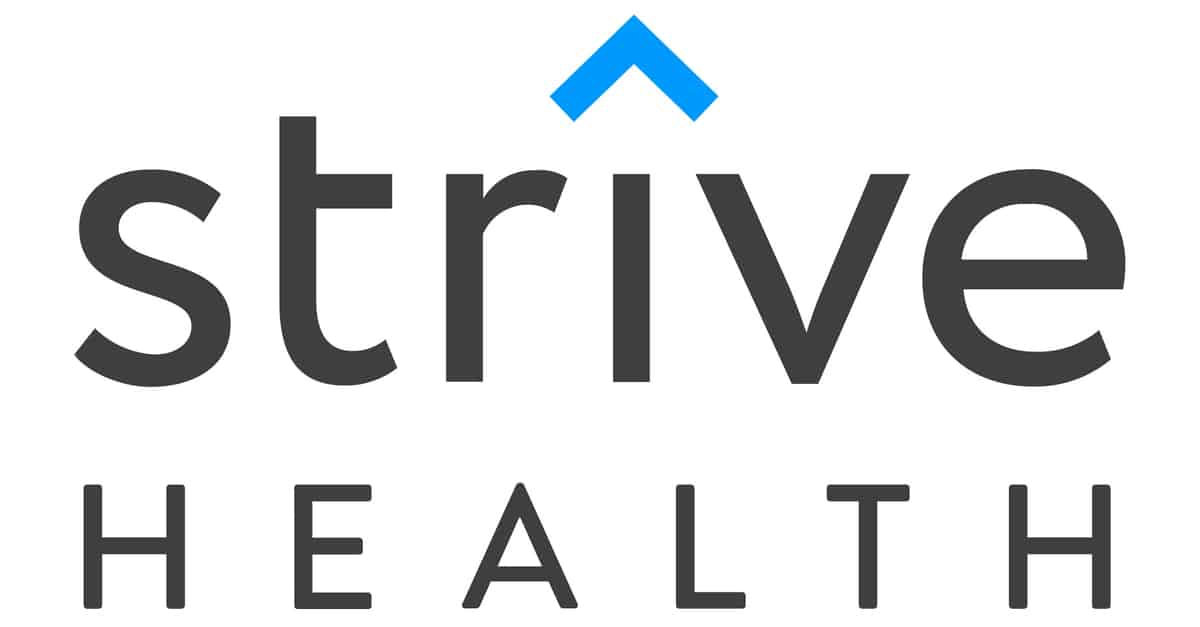
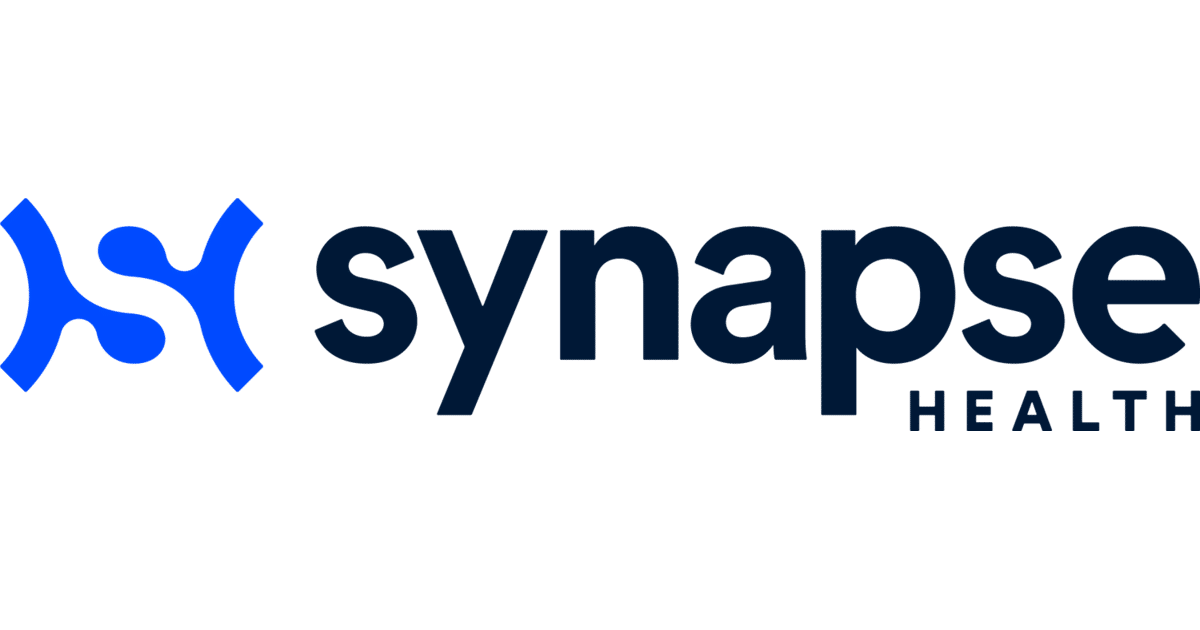
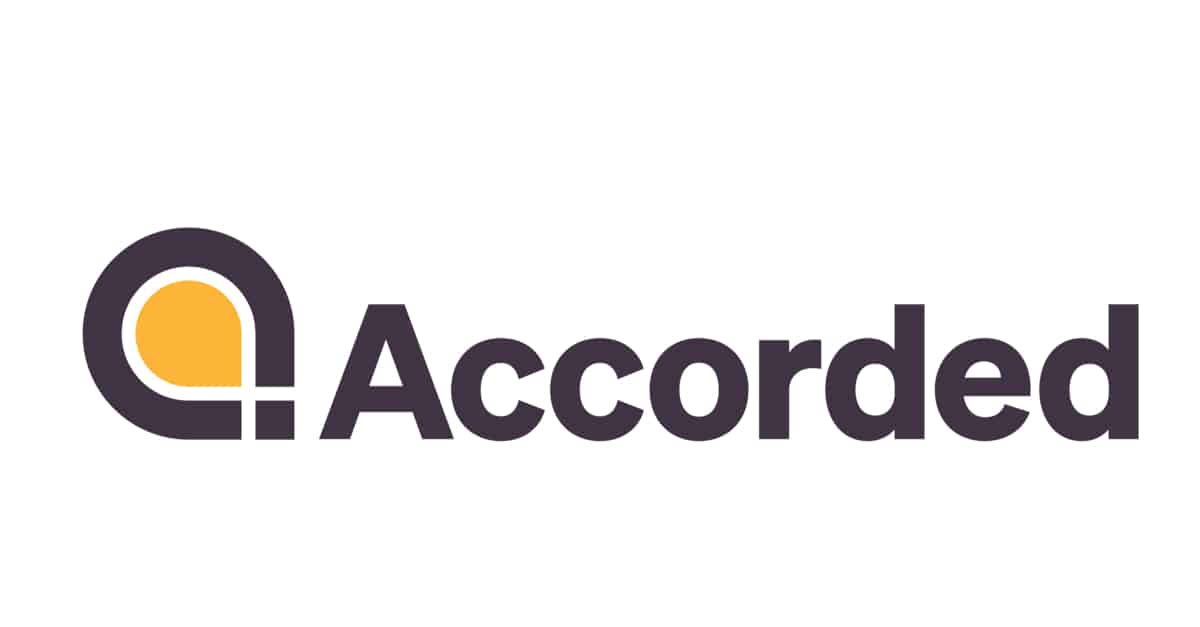


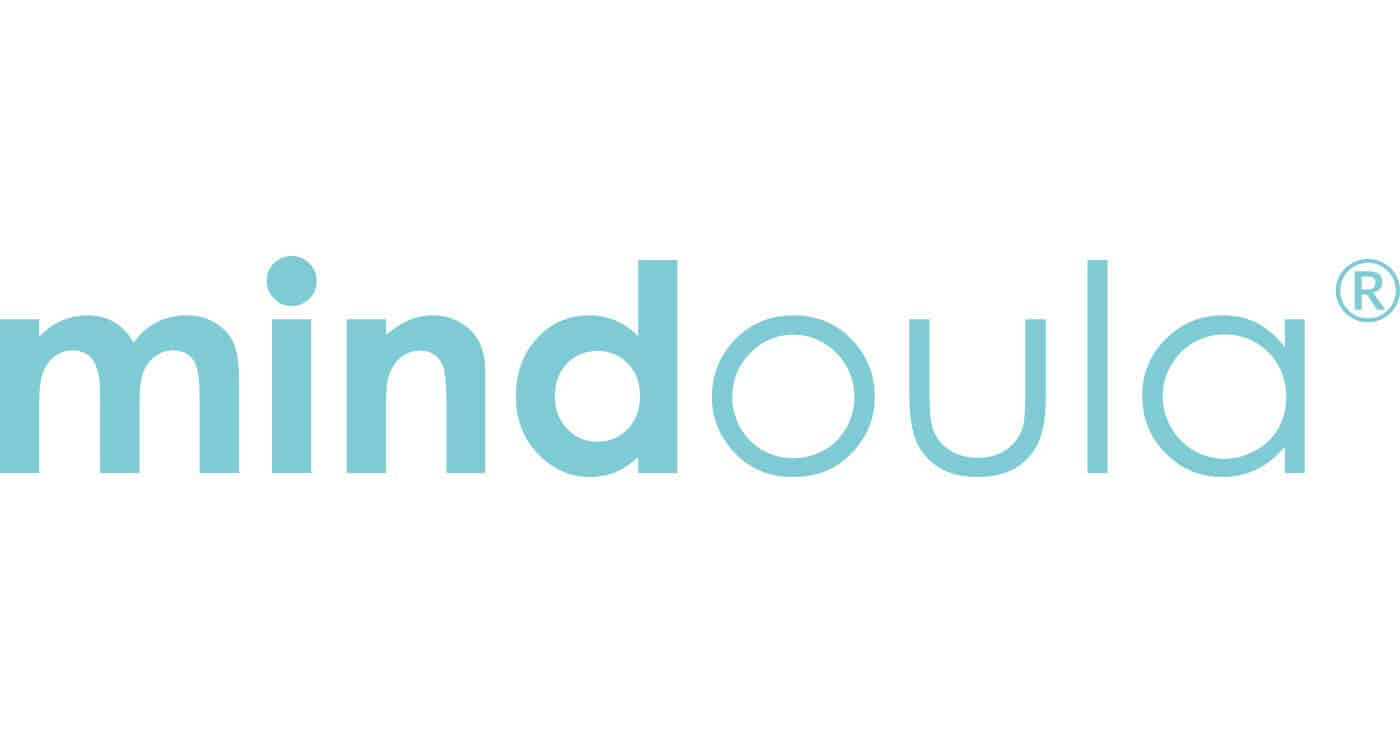

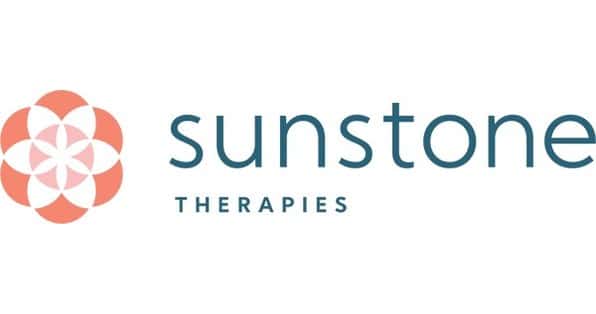
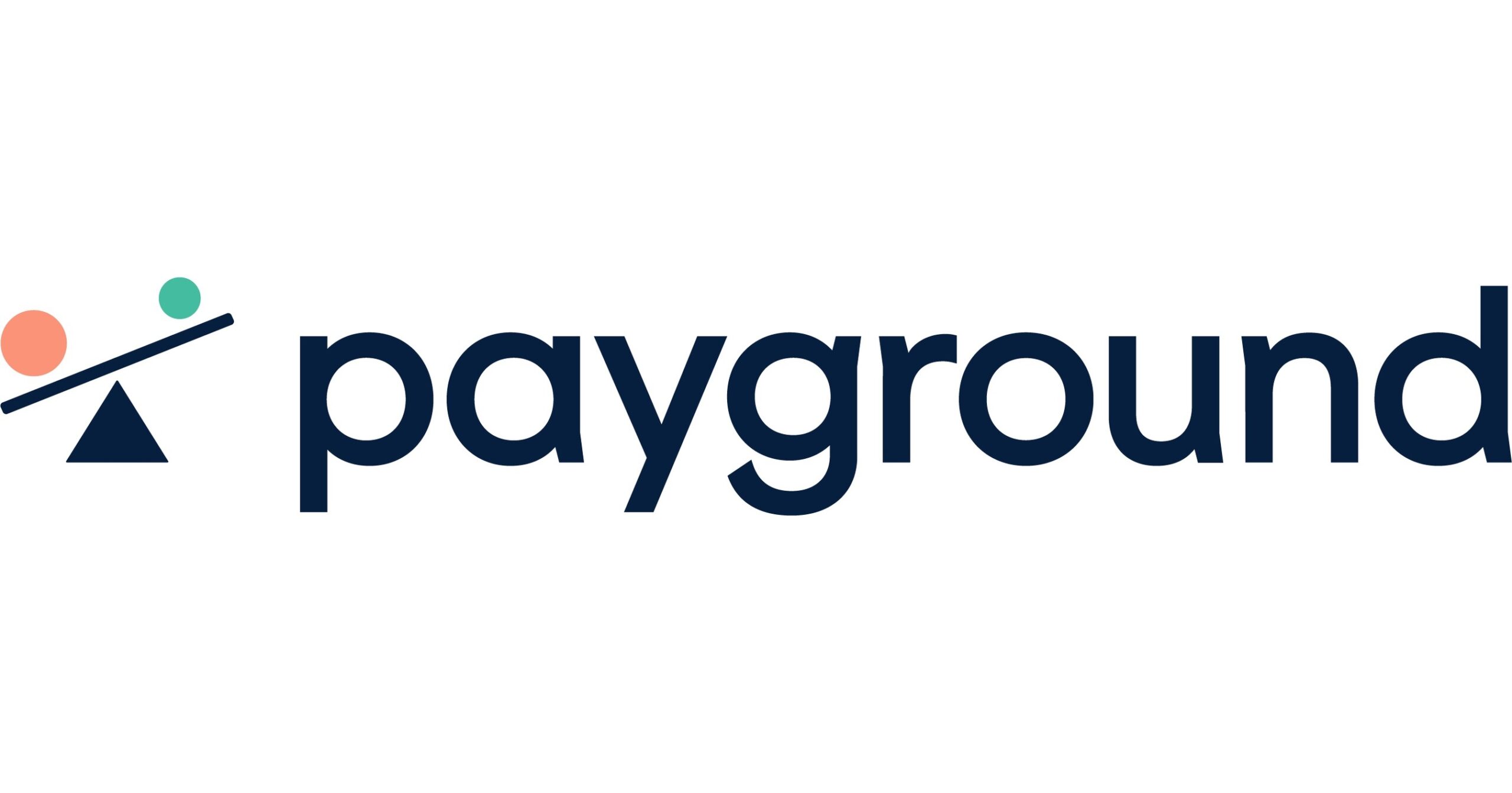

Prior to the virtual J.P. Morgan conference this week, Chasm Partners spoke with a panel of four influential healthcare technology and services private equity and venture capital investors, to get their perspectives on the market in 2021.
Participants:
Michael Greeley (bio): Flare Capital Partners, Co-Founder and General Partner
Amr Kronfol (bio): Warburg Pincus, Managing Director
Lynne Chou O'Keefe (bio): Define Partners, Founder and Managing Partner
David Pontius (bio): WindRose Health Investors, Partner
The Roundtable was moderated by David Johnson (bio - 4sightHealth Founder and CEO), and focused on investor perspectives in the absence of the in-person J.P. Morgan Conference, and key themes they see in 2021 and beyond.
COMFORT WITH WHITE-HOT DEAL FLOW AND HIGH VALUATIONS
The year 2020 ended on a rampage with no apparent slowdown moving into 2021. SPACs, IPOs and an acquisition frenzy are pushing valuations to record levels. While skyrocketing valuations are concerning, countervailing forces (attributable business model success, healthcare’s scale and new investment sources) support higher valuations and underlie the sector’s white hot deal flow.
Proven business models matter. Several industry-defining companies are reaping the financial rewards that come from delivering high value care services demonstrating attribution.
The success of Livongo, OneMedical and Oak Street Health, among others gives experienced health tech and services investors confidence in the sector’s growth potential.
Lynne highlighted Livongo's July 2019 IPO as a watershed moment. She observed that "the industry is in the third or fourth inning of real transformation, as evidenced by the hyper growth of industry-defining health tech and service companies."
Healthcare’s established venture and PE investors retain ample capital even with higher company valuations. At the same time, new investors are flooding into healthcare to exploit its growth potential. This includes big tech companies that see healthcare as the last major industry requiring digitization.
Given its size, Lynne asserted that healthcare’s TAM is simply too big for Google, Apple, Microsoft and Amazon to ignore. She believes the big tech firms have to invest in healthcare services to maintain double-digit profit margins.
Michael Greeley summarized the group's sentiment well when noting, "I'm nervous about where we are, but I think I'll be nervous for another five to ten years. This boom will endure."
ENTREPRENEURS WILL MISS J.P. MORGAN MORE THAN INVESTORS
Given its size and timing, there really is no substitute for the J.P. Morgan Healthcare Conference. What investors will miss are the random encounters, the ability to socialize, and the opportunity to evaluate new companies and new talent “up close and personal.” As Lynne pointed out, perhaps the CEOs conducting fundraising are the most impacted given the ease of accessing volumes of investors at the event. This may limit their ability to find investors at the very time they need external capital to grow.
Lynne noted, “JPM is the nexus where all walks of healthcare come together” as the industry's movers, shakers and deal-makers roam throughout San Francisco during early January. Absent the “speed dating,” and the conference’s compressed intensity, our panelists are confident they can replicate JPM’s structured meetings through virtual formats.
COVID-19 HAS ACCELERATED CONSUMERISM AND HEALTHCARE TECH ADOPTION
COVID-19 has fundamentally altered individual behaviors in ways that have permanently changed market dynamics. As we have all adopted new, tech-enabled ways of meeting and shopping, David Pontius noted, “COVID has accelerated the long-term mega-trends that are pushing healthcare to become more consumer-oriented and tech-savvy.”
Amr observed that “real business model discovery has occurred during the pandemic.” He further noted that enterprise software companies have demonstrated more resilience in the face of dynamic market conditions than more asset-intensive companies.
Healthcare's holy grail is delivering better outcomes at lower costs with attribution. COVID has created opportunities for value-creating business models to gain traction. Telehealth, home care, urgent care and tech-enabled service delivery have all experienced a dramatic uptake in their usage.
There was some disagreement whether the accelerated pace of change will continue at current levels. Lynne noted that telemedicine visits peaked during the spring and have declined since but remain significantly higher than pre-COVID use levels.
Amr agrees that the pace of change will be faster post pandemic but worries that healthcare’s historic barriers to technology adoption could return once COVID recedes. Structural barriers related to payment, credentialing, licensing and preference for status-quo practices are deeply embedded within healthcare’s DNA and may prove more difficult to expunge than we hope.
TALENT ACQUISITION MORE DIFFICULT DURING COVID
Successful “exits” require recruiting and retaining skilled leaders to manage operations, implement strategic initiatives and grow revenues. Finding the right leaders has become more difficult without the ability to size up candidates in person.
During COVID, Michael observes that “they’re making bets on people they really don’t know, which is quite unusual.” He worries about their ability to evaluate leaders without face-to-face engagement, projecting that it “will take five-ten years before they will know whether the employment bets they're making remotely today succeed.”
PREDICTIONS FOR 2021
We finished our discussion by asking each investor to make a bold future prediction.
David believes that "valuations will only increase, not just for sexy digital companies but even for the more traditional services businesses."
Michael is bullish on "novel risk-taking business models" that he believes over time create "powerful economic value creation engines."
Lynne is "doubling down on consumerism in healthcare."
Amr is very optimistic on the future of digital health and thinks the pandemic will result in a brighter future but worries about inertia. While progress is happening, he worries "that the fundamental ways in which healthcare operates will change as much as some of the current hype would lead us to believe. It will certainly accelerate, but by how much is the question."

































































































































































































